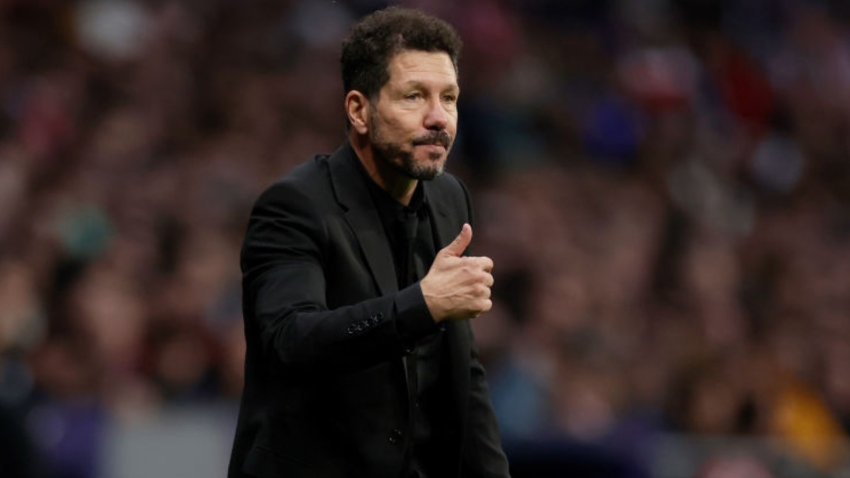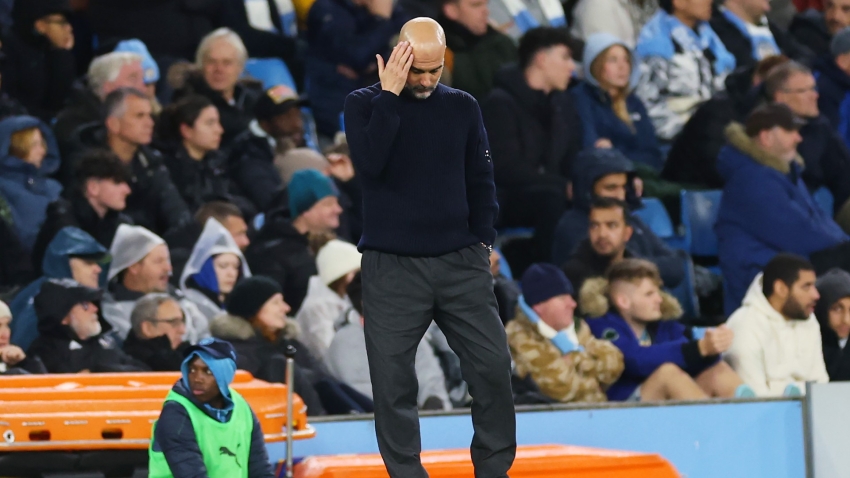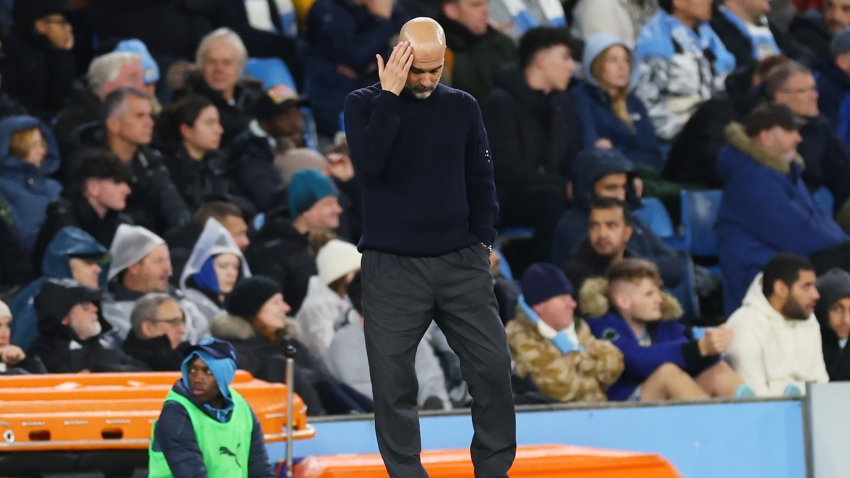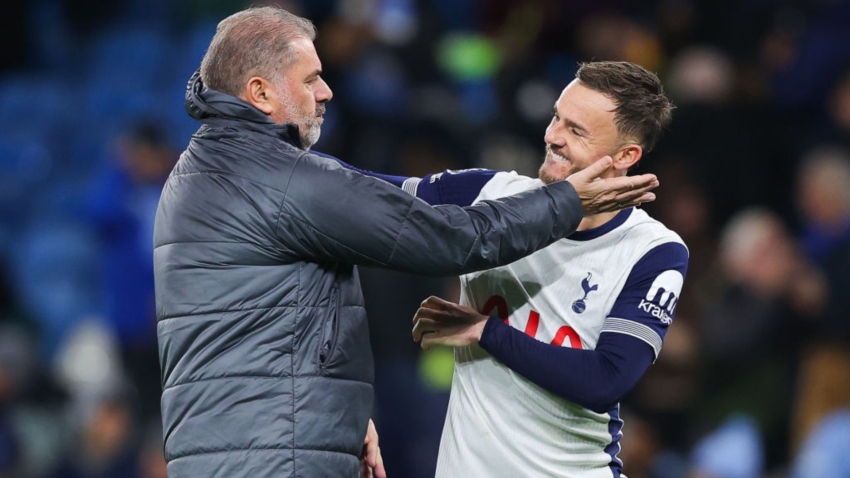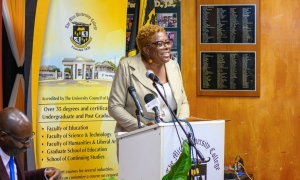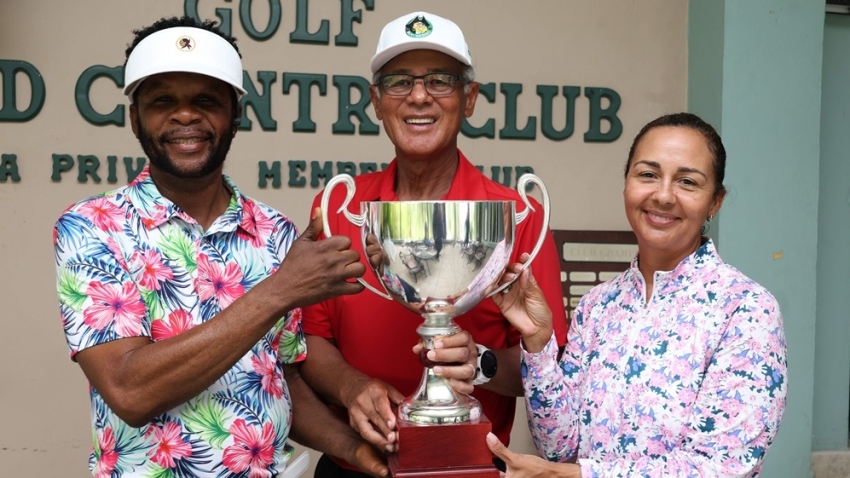The MICO University College, with a rich history of nurturing both academic and athletic talents, has embarked on an inspiring five-year plan to revitalize its sports program, with the vision of becoming the premier collegiate sports program in Jamaica and the wider Caribbean.
This exciting development was unveiled last week during a special ceremony where MICO announced a significant milestone in this journey: the offering of a four-year scholarship to World U20 100m hurdles silver medalist, Alexis James, generously funded by Island Grill. James will pursue a Bachelor's Degree in Physical Education and Sports at the institution.
Speaking at the event, Karren Foster, Dean in the Faculty of Education, elaborated on the strategic plan they have initiated to reinvigorate the sports program at MICO. She highlighted the first four hurdles of this ambitious nine-hurdle plan four of which were already being executed.
MICO has already entered into a Memorandum of Understanding with the Jamaica Football Federation under which 30 MICO students will become elite football referees. “These referees will officiate in local football and potentially on regional and international stages, significantly contributing to the growth of football in the region,” Foster revealed.
The plans also include the recruitment of world-class athletic talent.
“MICO's commitment to training and certifying outstanding athletes is exemplified by the inclusion of Alexis James, the world-renowned 100m hurdles silver medalist, into this institution,” she stated with confidence. She added that this can only be achieved through the engagement of the best coaches.
“MICO is proud to have hired some of the best coaches in Jamaica for their sports program,” Dean Foster revealed. To date, MICO has hired national volleyball coach Gatasheu Bonner, former national netball coach Connie Francis, who recently guided Jamaica’s Sunshine Girls to the bronze medal at the Netball World Cup in South Africa.
MICO has also brought on board Shane Brooks, the national women’s cricket coach and Mr. O’Neil Brown, Jamaica’s national basketball coach.
“These coaches bring a wealth of experience and expertise to nurture the next generation of sports stars,” Dean Foster said.
The next phase, she said, is only just beginning but is a critical part of the over-arching plan.
“We face the challenge of securing nutritional sponsors to enhance their athletes' performance. Many of these dedicated athletes, who excel both academically and athletically, rely on work-study programs to meet their financial obligations. Corporate support in the form of financial assistance, technological resources, and apparel sponsorship is essential to empower these talented individuals,” the dean explained.
The other phases will include engaging partners to provide nutritional support, financial support, technological support and apparel support.
“By doing so, MICO aims to foster not only successful athletes but also individuals committed to serving their communities and contributing to the nation's growth and development,” Dean Foster said.
This plan became a reality, Dean Foster explained, by bringing in the necessary personnel that would help establish a platform from which they would launch this ambitious initiative.
“What happened is that we have changed our personnel. We brought in a sports manager. That personnel have been tasked to develop a strategic plan for the sports program. So there's a structure in place and there is an operational plan in place to facilitate the movements in that department. We can see what the budget should be, what is it we need to do from month one to month two, if you will, to be successful,” she explained.
“They are developing a five-year plan. They have identified what the goals are. We need the assistance of the outside support groups to make this a reality. So we are at three and we have since today (last Wednesday) crossed over into four, somewhat.
“We at the MICO, we offer some scholarships which are very costly to the institution because, remember now, we are a government-funded institution. Government doesn't give us money for these things, not a cent for these things.
“And so we have to creatively source funds to help these students who come from some very challenging backgrounds, who want to make good of themselves and their God-given talents.”








